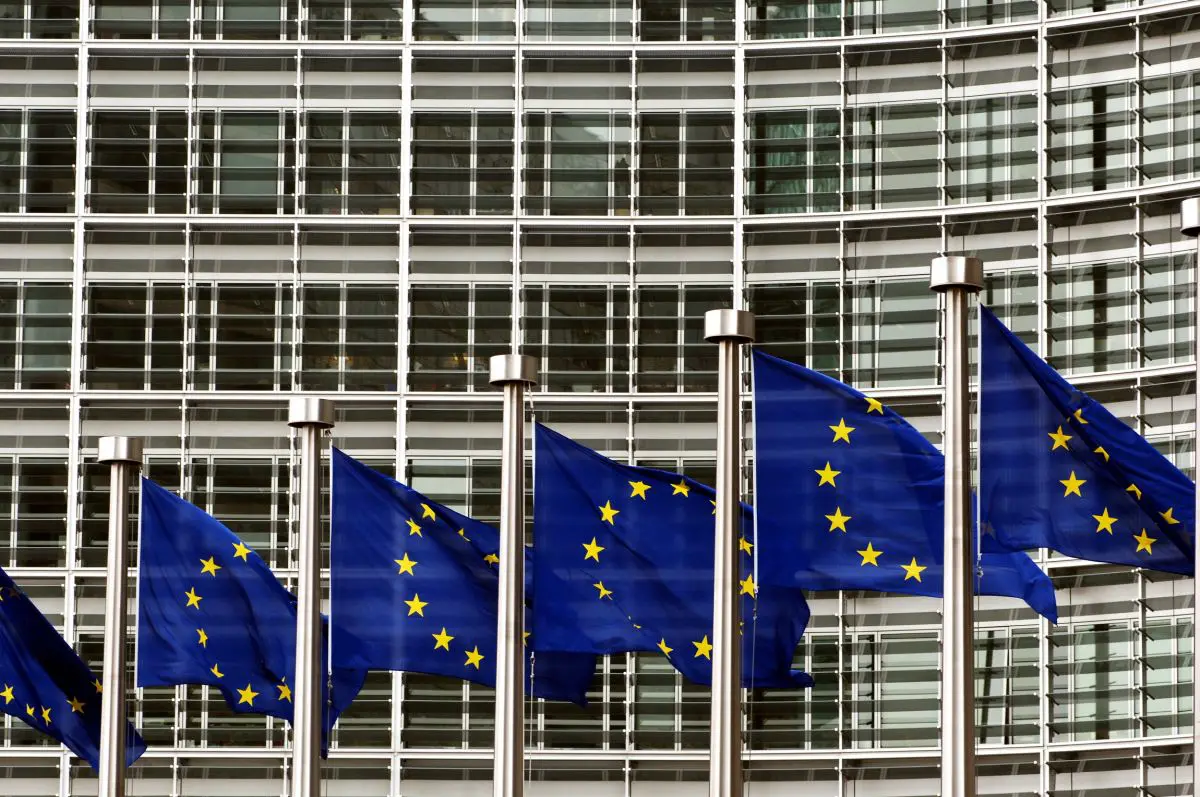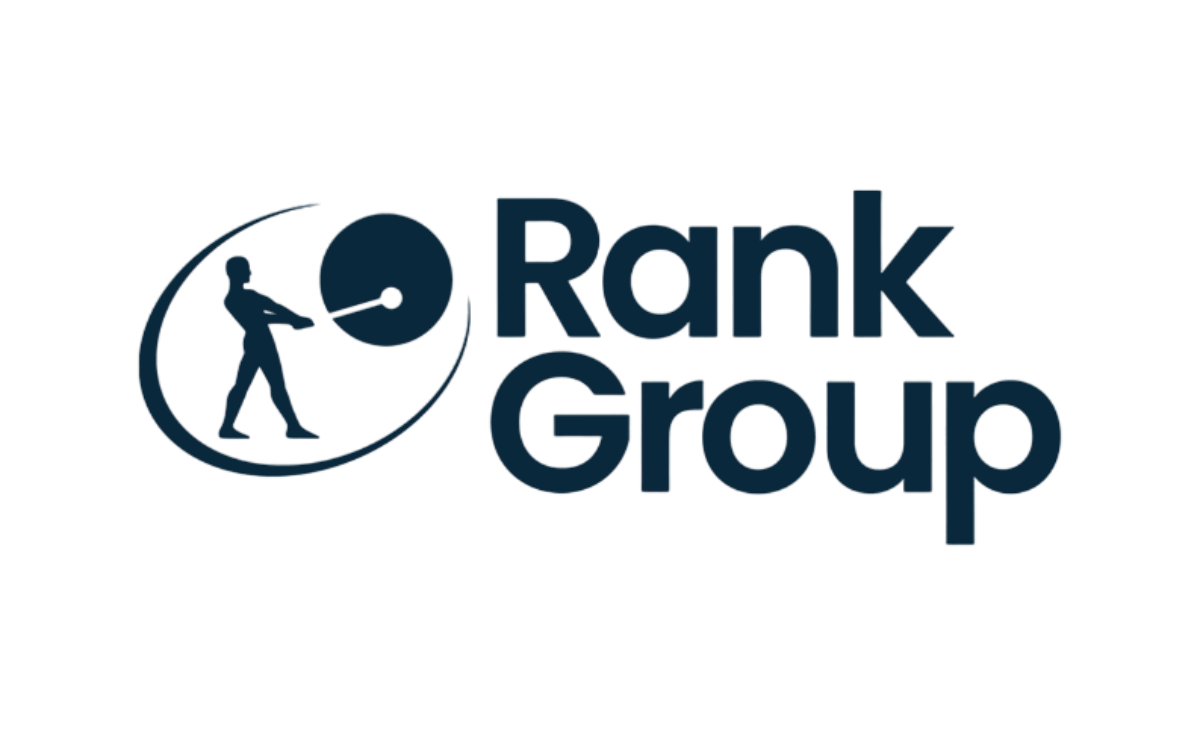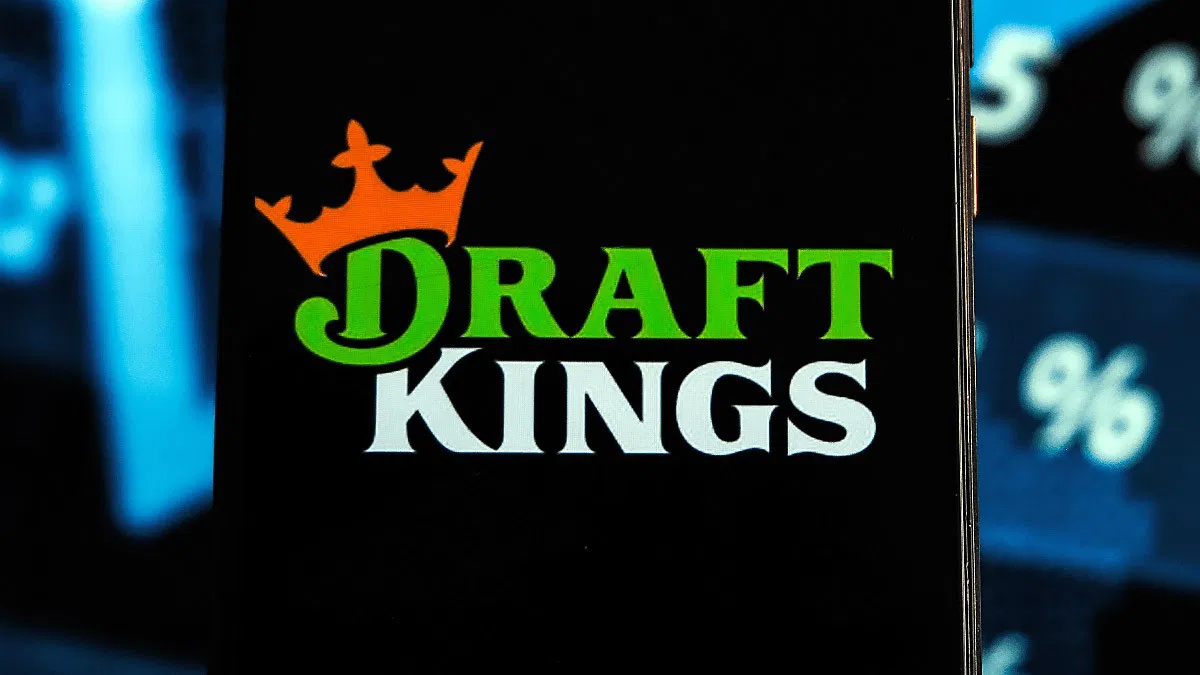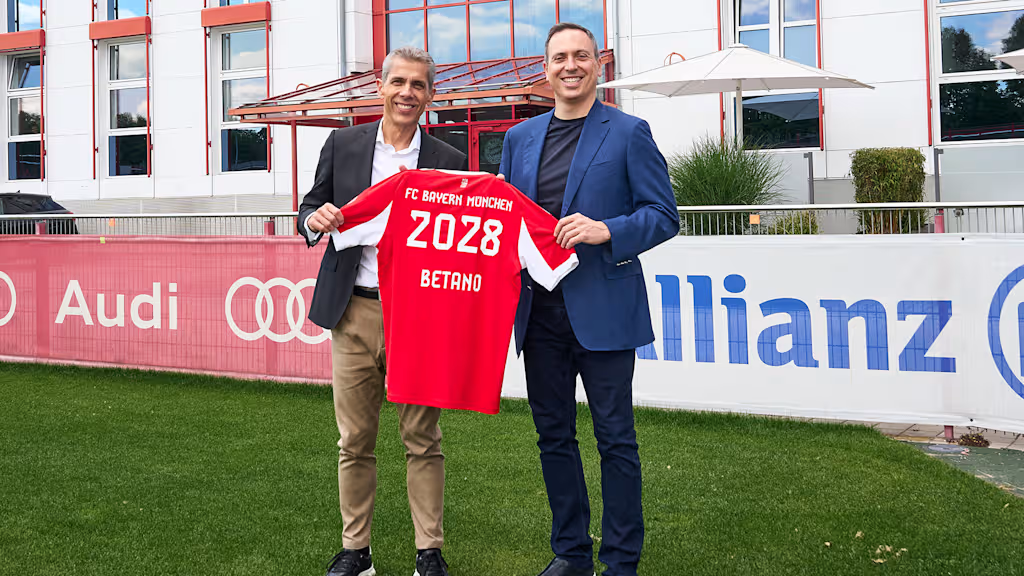The European Commission has launched infringement proceedings against Malta over a recent change to its Gaming Act. This prevents the enforcement of foreign court rulings against Maltese gaming companies. The action follows a complaint filed in 2023 by an Austrian law firm.
In a notice issued on June 18, the Commission said Malta’s amendment violates EU Regulation No. 1215/2012. The regulation governs jurisdiction and enforcement of judgments in civil and commercial matters. Its goal is to ensure the free movement of judgments and promote mutual trust in legal systems across the European Union.
However, the Commission warned that the Maltese legislation creates legal barriers discouraging foreign claimants from pursuing justice. This law also protects online gaming companies licensed in Malta from cross-border litigation. According to the Commission, Maltese courts are obligated to reject rulings from other EU jurisdictions that order operators in the country to pay compensation.
Malta Rejects Breach Claims
The Maltese government denies that the amendment breaks EU rules. Officials insist that the law does not introduce new barriers and follows the same legal grounds outlined in EU regulations. In a statement, Malta confirmed it would respond to the Commission’s formal notice within the required two-month period.
Furthermore, the Malta Gaming Authority (MGA) defended the law, stating that it complies with EU law and European Court of Justice rulings. The MGA said the legislation does not create a cover ban on enforcement, nor does it exempt Maltese operators from being sued in other EU courts. It simply protects companies from unfair litigation strategies.
Legal Dispute Rooted in Austrian Cases
The legal battle began after a German lawyer and an Austrian firm filed a complaint with the Commission. They accused Malta of creating legal obstacles that prevent Maltese companies from refunding Austrian gamblers as ordered by courts.
Earlier this year, two court rulings in Malta blocked the enforcement of Austrian court decisions. The judges ruled that operators based in the region were not required to refund gambling losses ordered by Austrian courts. These decisions drew criticism from legal experts and raised concerns about judicial cooperation.
Nationalist MEP Peter Agius urged the Maltese government to align with EU law and examine third-party litigation funding.
Concerns Over Third-Party Legal Funding
The third party litigation funding involves private investors covering legal costs in exchange for a share of damages awarded. Agius described the practice as a grey area fueling cross-border legal disputes. He warned that many lawsuits target Maltese operators through funding models profiting from legal uncertainty.
The MGA has previously accused law firms in Austria and Germany of using aggressive marketing to recruit claimants. These firms encourage players who lost money with Maltese companies to file lawsuits in their home countries. If Malta does not provide a satisfactory response, the European Union Commission might take this case to the Court of Justice.

 Companies
Companies 





